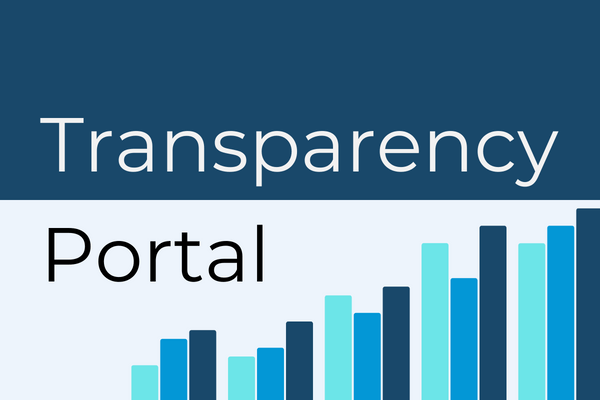

The Transparency Portal aims to improve access to UN Women’s results and financial data and keep the public up to date on the results being delivered by UN Women. Visit the portal.
UN Women is committed to independent and objective oversight to improve the effectiveness and efficiency of its operations. Several oversight bodies contribute to improving UN Women’s governance, risk management and compliance processes.
Independent Evaluation and Audit Services | United Nations Board of Auditors
UN Office of Internal Oversight Services | UN Women Ethics Advisor
Advisory Committee on Oversight | Accountability framework
The Independent Evaluation and Audit Services (IEAS) provides UN Women management with independent evaluation, internal audit assurance, and advisory services relating to UN Women’s programmes, controls, business systems, and processes. IEAS also identifies good practices, provides recommendations for improvement, and contributes to learning. The IEAS Charter governs its mandate, responsibilities and activities.
IEAS is supported by two services: the Independent Evaluation Service and the Internal Audit Service.
The external audit function is fulfilled by the United Nations Board of Auditors (BoA). The BoA was established by the UN General Assembly in 1946 to carry out the external audit of UN organizations’ accounts, funds, and programmes. The BoA’s reports on UN Women financial statements are public documents, which are presented to the General Assembly through the Fifth Committee, after review and advice by the Advisory Committee on Administrative and Budgetary Questions (ACABQ). The BoA reports are also presented to the UN Women Executive Board.
The Office of Internal Oversight Services (OIOS) provides investigation services to UN Women.
The UN Women Ethics Advisor is an independent, confidential, impartial, and professional resource for all UN Women staff and personnel. The Ethics Advisor promotes an ethical organizational culture based on shared values of integrity, accountability, transparency, and respect. The Ethics Advisor assists the UN Women Executive Director in ensuring that all personnel perform their functions consistent with the highest standards of integrity, as required by the United Nations Charter. The Ethics Advisor provides a secure, confidential environment, where personnel can feel free to consult on ethical issues and seek protection against retaliation for reporting misconduct or cooperating with duly authorized audits or investigations.
A five-member independent Advisory Committee on Oversight (ACO) was established to provide the UN Women Executive Director with independent, external advice based on good practices relating to the Entity’s accountability framework and systems, including risk management. The ACO assists the Executive Director in fulfilling her oversight responsibilities in accordance with relevant best practices. The ACO also promotes proper governance and high ethical standards in UN Women programme and operational management, and the adoption and use by management of best practices in risk and financial management (see the ACO Terms of Reference).
The following policies provide a cohesive framework aimed at creating and maintaining a harmonious working environment, ensuring that staff members do not engage in any wrongdoing, that all allegations of wrongdoing are reported promptly and investigated, that appropriate action is taken to achieve accountability, and that all personnel are protected from retaliation for reporting misconduct or cooperating with an investigation.
In addition, the UN Women anti-fraud policy framework outlines UN Women’s current approach to the prevention of, detection of, and response to incidents of fraud. The anti-fraud policy framework brings together existing provisions set out in UN Women regulations, rules, policies, and procedures.
In accordance with the UN Women legal framework for addressing non-compliance with UN standards of conduct, and in the interest of transparency, the Executive Director issues reports on disciplinary decisions taken during the preceding year and cases of misconduct that have resulted in the imposition of disciplinary measures (without the individuals’ names being revealed).

The Transparency Portal aims to improve access to UN Women’s results and financial data and keep the public up to date on the results being delivered by UN Women. Visit the portal.